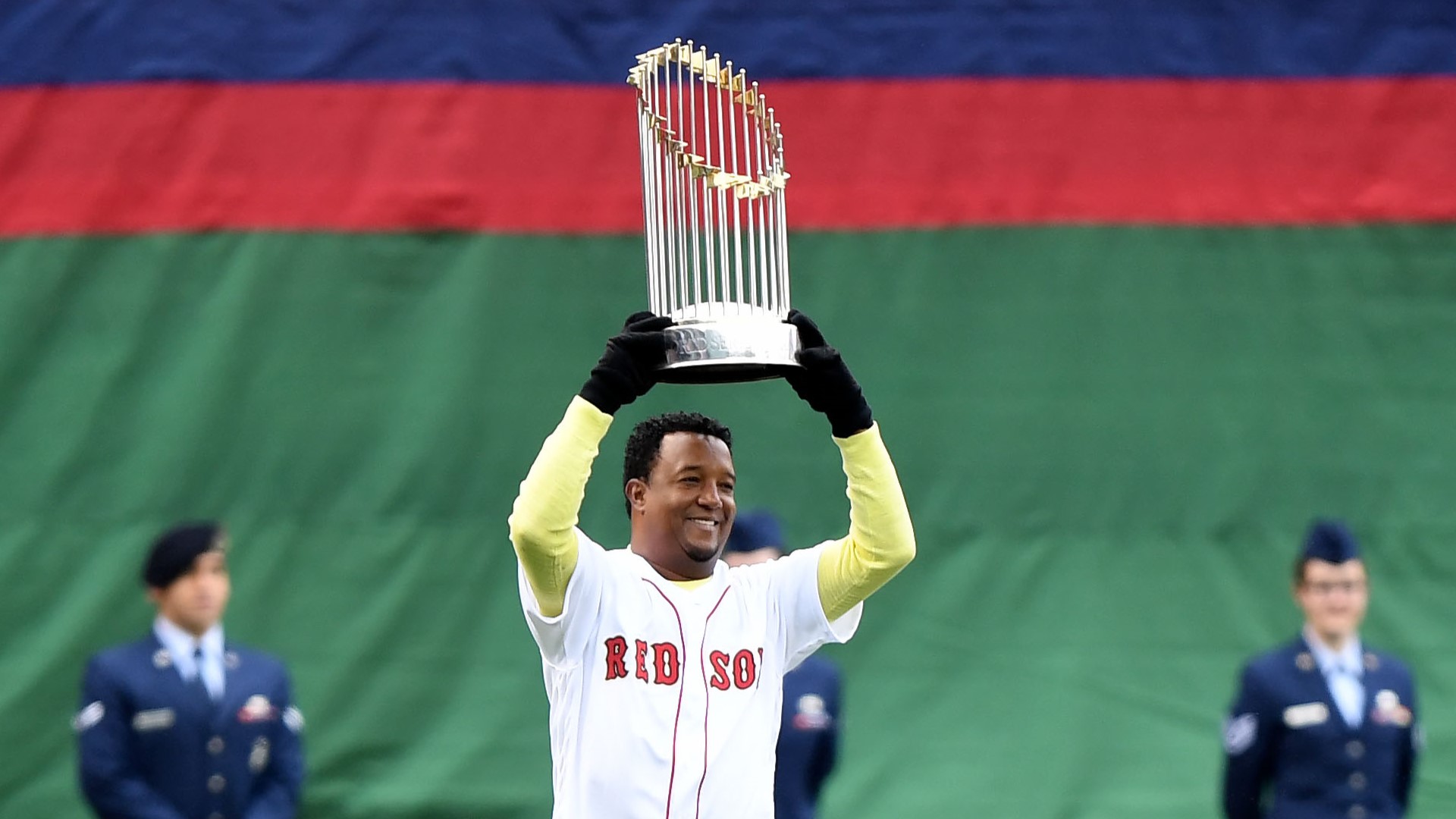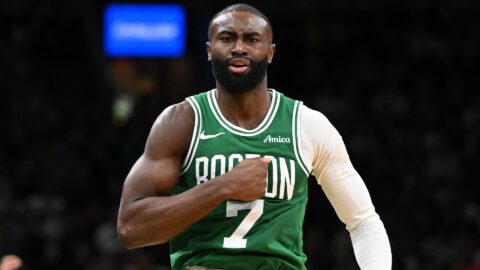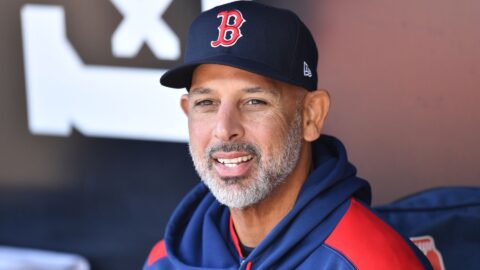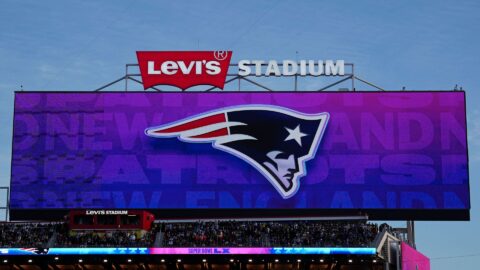Rajon Rondo the tennis player?
That’s a discussion prompted recently by Ball Don’t Lie writer Eric Freeman, who mused that “Rondo’s game is predicated on creating angles where there are none, so he’d be a natural for changing the momentum of a point mid-rally.”
That’s not to mention Rondo’s quickness, which rivals, if not surpasses, that of Rafael Nadal.
But there’s the not-so-slight problem of skill. Tennis, like golf, revolves more technique than pure athleticism (and to avoid the angry emails, please let me note: I’m not saying those sports don’t require athleticism — just that it’s very difficult to take them up on a whim). Rondo’s physical ability is no doubt ample. His level of familiarity with the sport might not be.
So it got us thinking, in purely hypothetical terms: If this lockout were to drag on into infinity, and if the overseas option weren’t available, which sport would each of the Celtics’ starters be most able to play? As always, feel free to enter your own suggestions below.
It makes the most sense to begin this debate with the guy who instigated it.
Rondo: Cornerback
The Kentucky native played quarterback for his high school club in Louisville and was apparently quite prolific. That history and his play-calling role as a point guard make it tempting to place him back under center. Problem is, Rondo’s a bit short for an NFL QB (6-foot-1); he has admitted, in fact, that he quit football for basketball because he didn’t think he was big enough to play in the pros.
But his size and raw athleticism are ideal for defensive back. Remember his physical defense on LeBron James back in February? His freakishly long arms, competitive drive, toughness and intelligence all add up to a corner who could both stick with his man and come off the edge in a hurry on run plays.
I’d also like to see him take his vision, foot speed and play-making ability to the soccer field or hockey rink.
Paul Pierce: First baseman
Pierce is one of the rare athletes whose skills might not translate well to many other sports. He doesn’t have the raw speed to play in the NFL and likely can’t skate well enough to do the NHL thing (though I can see him using his size to fill a Zdeno Chara-type role on defense).
But Pierce’s trademark silky-smoothness and swagger would translate well to the batter’s box. He’s also used incredible hand-eye coordination and deceptive strength to help him out-duel faster, quicker opponents throughout his NBA career. Those skills would be very useful at the plate. Indeed, the Inglewood, Calif., native played baseball in high school, and his brother Steve was drafted by the San Francisco Giants in the late 1980s — so baseball runs in the family.
I can see Pierce as a Joe Carter, with less bat speed.
Ray Allen: Outfielder
The story goes that 8-year-old Ray, playing in a baseball league on a military base in England, could consistently hit home runs off his coaches and was pushed hard by Little League parents to train as a baseball player. It makes sense: The now 36-year-old is obsessive about form, repetition and nutrition, all incredibly important attributes for hitters. His size, speed and coordination, moreover, would make him capable of tracking down a lot of fly balls in the outfield.
What about Ray as a receiver? His 6-foot-5 frame and attention to fitness make it tempting, but I’m not sold on his vertical speed.
Kevin Garnett: Soccer defenseman
The Big Ticket, believe it or not, was a sterling soccer player in high school. He can cover a lot of ground quickly with that 6-foot-11 frame, possesses uncanny foot speed for his height and understands how to exploit angles to keep opponents from getting a clear look at the basket/goal.
His never-ending supply of energy would also serve him well on the soccer pitch.
For those who were hoping for tight end or receiver, the 35-year-old is simply not thick enough. The thought alone of Troy Polamalu steaming into those balky knees is enough to make me cringe.
Glen Davis: Running back
Because I can’t imagine Boston’s starting center Jermaine O’Neal playing any other sport (I considered football, but let’s face it: He’d be injured within two plays), I’m substituting Big Baby, fully aware the unrestricted free agent might not be back with the squad next season. Imagine this guy pounding the ball up the middle — 6-foot-9, 290 pounds and incredibly light feet for his size.
No, he’s not fast enough to beat linebackers to the edge. And yes, I worry about his fragile psyche being able to withstand the rigors, mentally and physically, of an NFL season. But keep in mind: This is the guy who led the league in charges taken this past season. Under the right circumstances, he’s willing to sell his body for the team, and I’m hard-pressed to believe many defenses would be able to bring him down on first impact.
Indeed, the 25-year-old was a highly recruited defensive end and tailback at University Laboratory High School in Baton Rouge, La., and has said he’d like to give football another try in the future.
“When I become an All-Star in the NBA, when I become a great player in the NBA, then I’ll try football,” he told ESPN back in 2009. “One of my dreams has always been to play football.”
Here’s some video of Baby playing tailback in high school. You be the judge.



